If there's any lingering uncertainty as to the mainstream viability of augmented reality, a list of the top mobile apps and games of 2019 serves to dispell those doubts.
Of the top 10 most downloaded apps of 2019 according to app analytics service App Annie, six include augmented reality features.
- Don't Miss: The Biggest 25 AR Investments of 2019
That list includes the top two apps, Facebook Messenger and Facebook, with Instagram at number five and Snapchat at number eight.

Facebook Messenger, Facebook, and Instagram, all using the Spark AR platform, are among the top apps with AR features based on total downloads.
Also appearing in the top ten are apps from Chinese developers, TikTok from ByteDance at number four and Likee (iOS | Android) from YY, Inc. at number seven. Formerly known as Music.ly, TikTok is a short-form video app that has gained popularity among younger audiences and includes augmented reality effects among its video-editing options. Likewise, Likee (formerly Like) also exists primarily as a video-editing app that offers augmented reality options to enhance videos.
Augmented reality also makes a few cameos in the breakout apps (that is, the apps with the most growth between 2018 and 2019). Among the breakout apps, by download, are Likee and Noizz (iOS | Android), yet another short-form video app from YY, Inc. that includes AR camera effects. FaceApp and its age-morphing filters also broke into the top ten. Meanwhile, YouTube and Tiktok rank among the breakout apps in terms of consumer spending.
In addition, App Annie has released a top apps and games of the decade report, and the results are similar to the 2019 charts. Four out of the top five most downloaded apps tout AR features, with Facebook Messenger and Facebook retaining the top two spots, Instagram landing at the fourth spot, and Snapchat claiming fifth place.
Also appearing in the top ten for the decade are TikTok at seventh and AR newcomer YouTube at ninth. (YouTube is also the lone AR app featured among the top apps based on consumer spending, but AR is clearly not the driver for YouTube's placement on any of these lists.)
However, on the gaming side for both reports, AR representation is sparse. No AR appears in the top downloaded games, with only Pokémon GO breaking through among the top games based on consumer spending. The groundbreaking AR game ranked sixth among games based on consumer spending for 2019 and eighth among the top-grossing games of the decade (even though it didn't launch until 2016).
There are a couple of key takeaways here. First, social media AR platforms are leading the way among apps with mainstream success. Despite the features that Apple's ARKit and Google's ARCore bring to developers, neither platform has managed to help developers translate those AR superpowers into what the mobile app world counts as success. Nevertheless, the success of Facebook, Snapchat, and up-and-comer TikTok shows that there's room for AR as a feature in consumer-grade mobile apps.
Next, despite several high-profile AR games launching over the past two years, and Pokémon GO catching lightning in a bottle in 2016, mobile AR gaming still hasn't caught on just yet. Still, Pokémon GO's sustained success shows that an innovative AR game can capture the attention of mobile gamers.
Another thing to consider are the results of the top downloaded apps. Those numbers will likely wrinkle some brows at Snapchat, considering that Facebook has copied many of Snapchat's headlining features, including AR camera effects.
Finally, a little perspective could do some good. This is the first full decade that mobile apps have been a measurable category of the tech universe. For mobile AR apps to have this kind of representation among the top overall apps puts the technology ahead of the curve as far as mainstream adoption goes.
Cover image via Facebook/YouTube




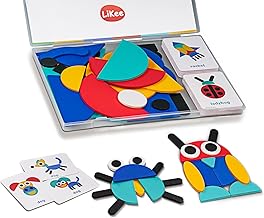




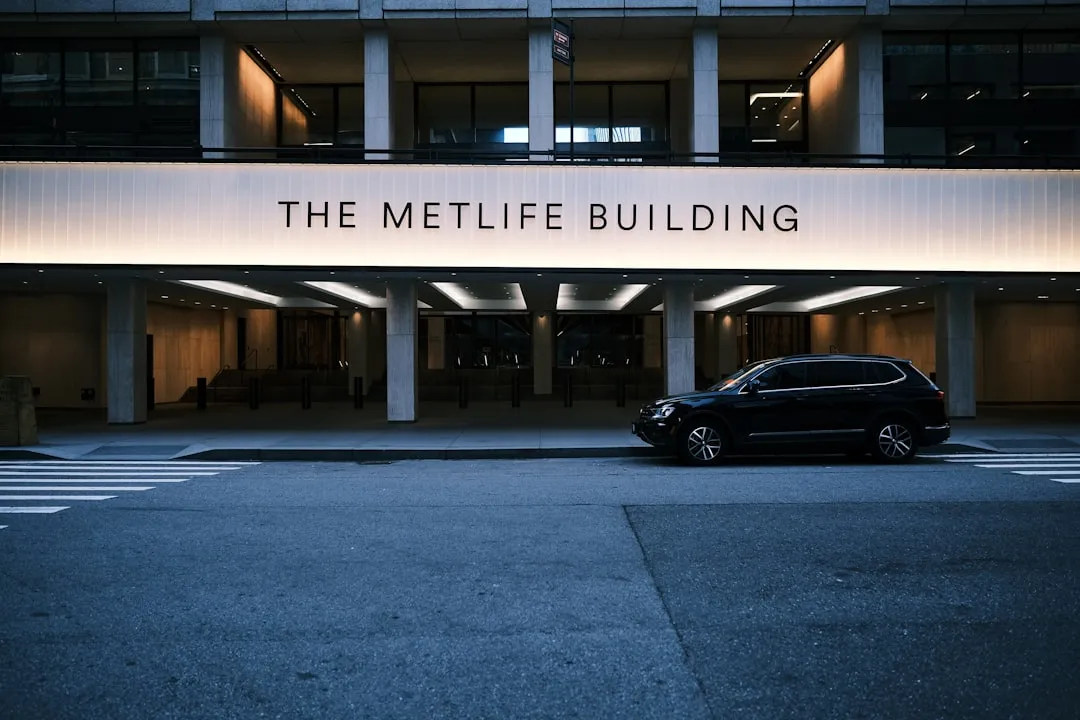
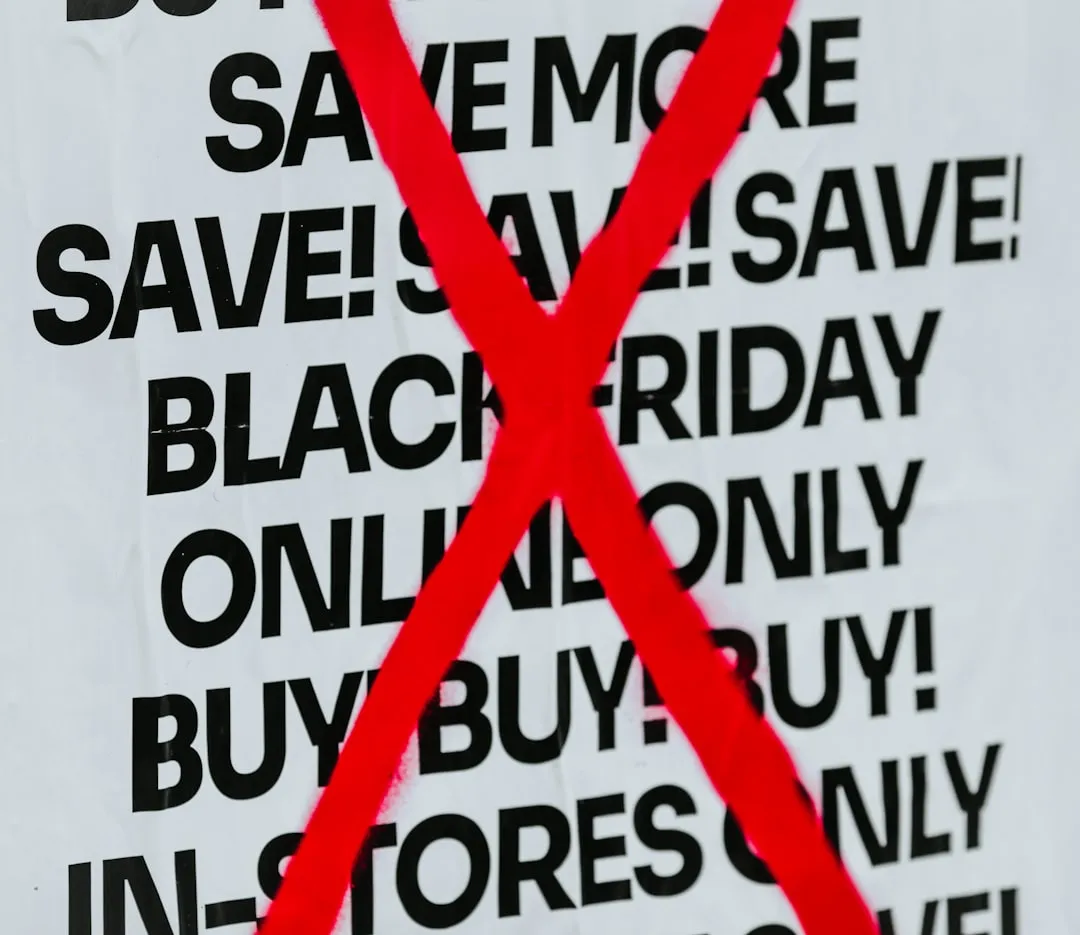


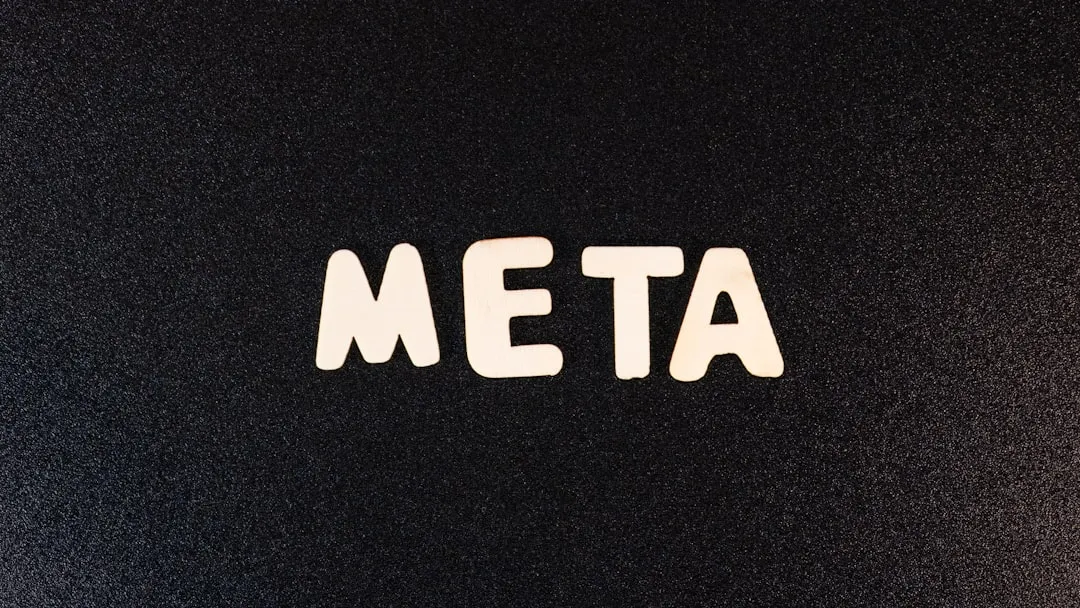



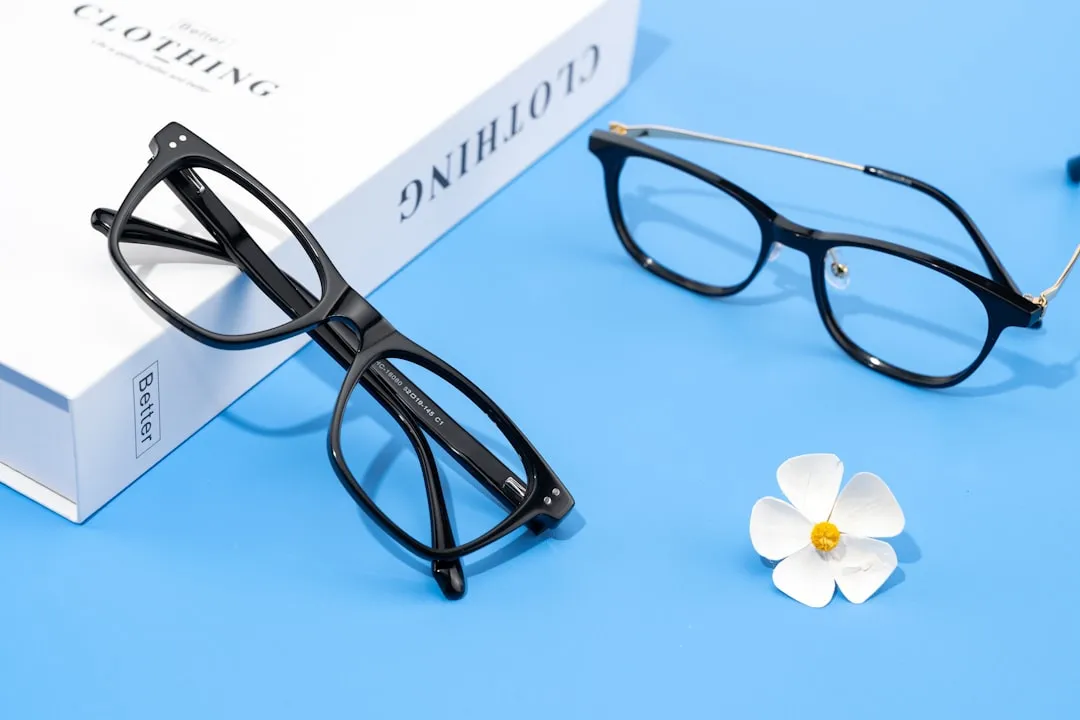

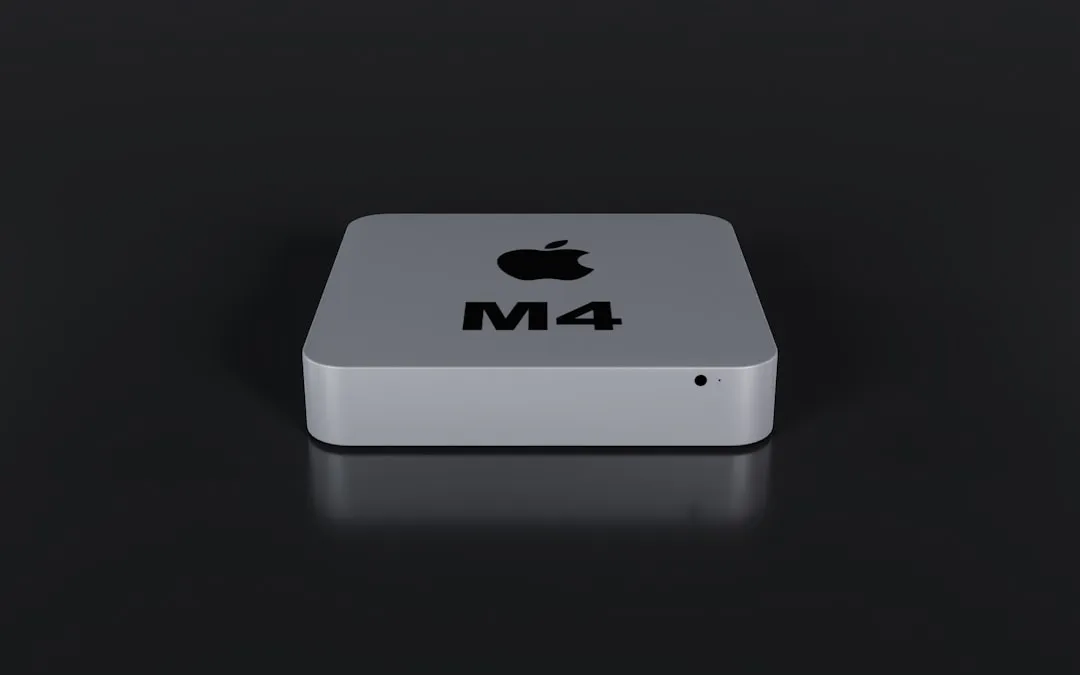
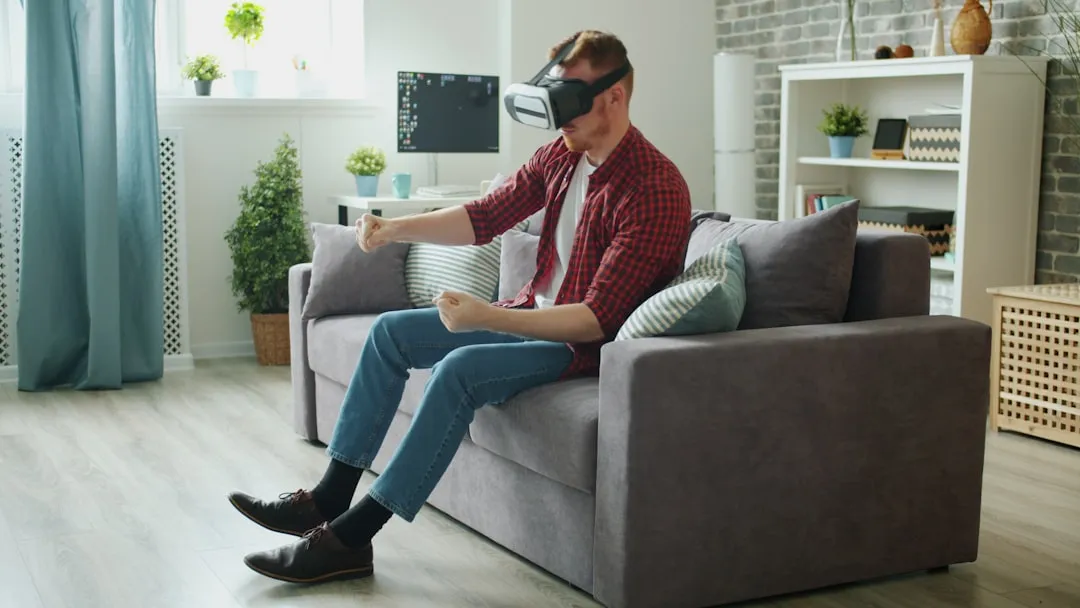
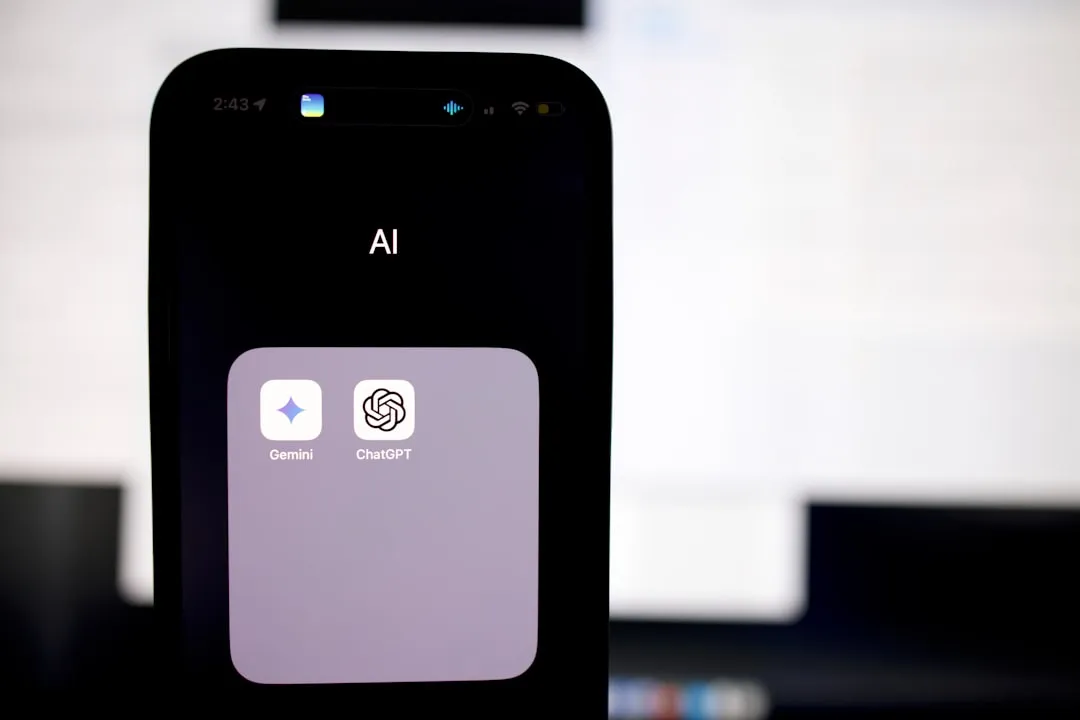
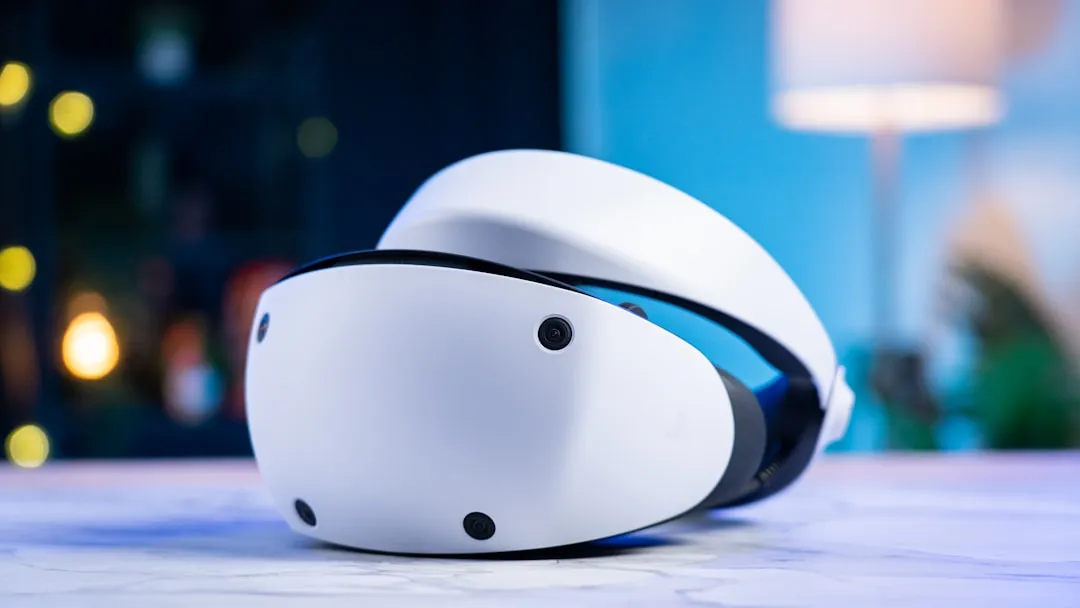



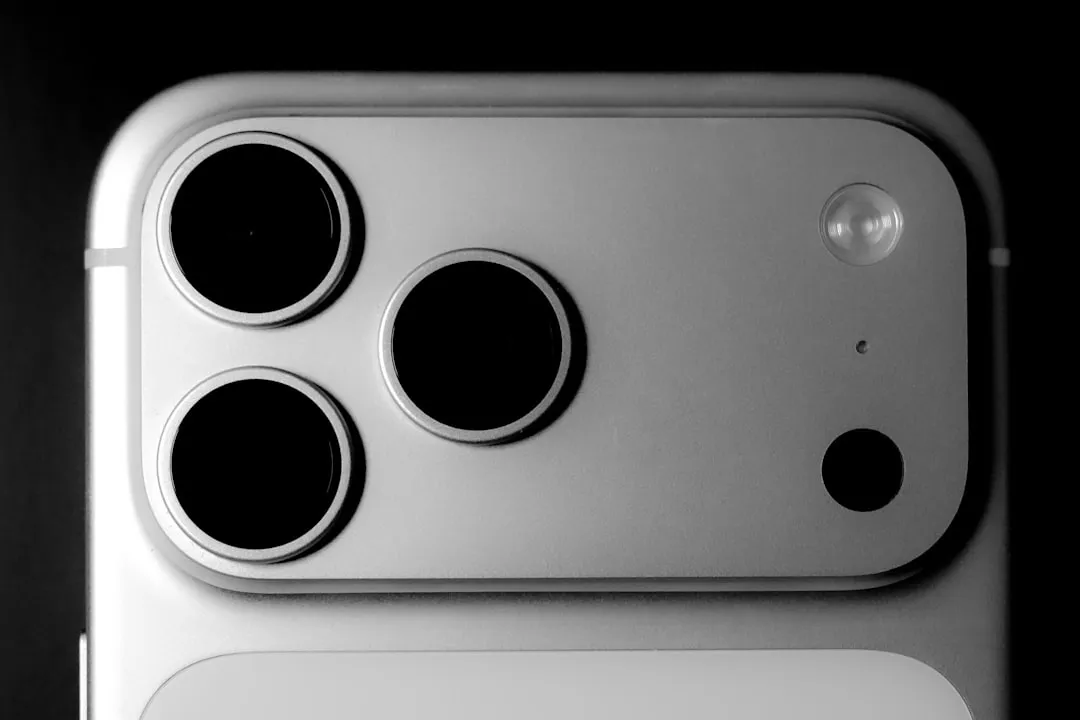

Comments
Be the first, drop a comment!